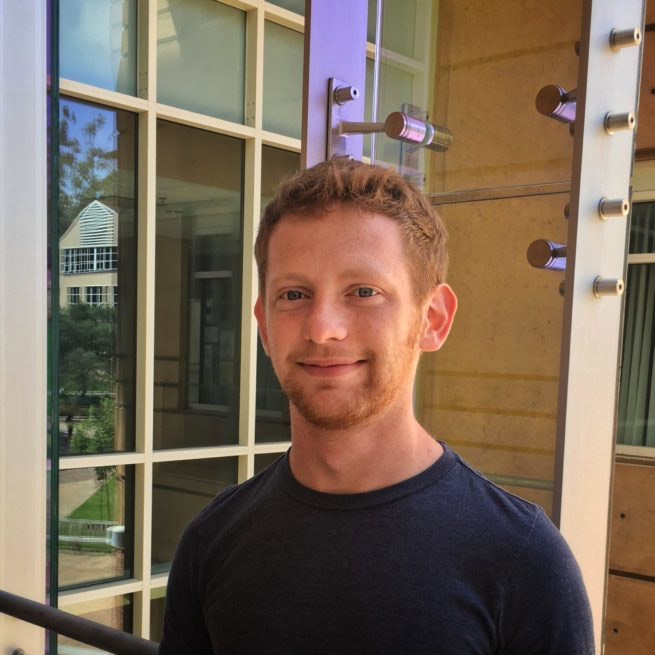What is/was your name, year & major?
My name is Kyle Kettler and I graduated from UNL in 2015 with a Bachelors of Arts after majoring in Economics, Math, and Philosophy.

Where are you from?
I am from Lincoln Nebraska.
What made you choose Nebraska?
My dad was a professor, so I grew up in and around the university. I even went to preschool on east campus.
How did the Ethics Center impact your college career?
The Ethics Center fostered a really open environment to confront new ideas. Student voices were welcome at the monthly “Ethical Lunch.” (the brown bag seminars organized by the philosophy department and sponsored by the Ethics Center.) Panelists always gave insightful answers to questions from students.
What is the Ethics Bowl?
Ethics bowl is a sort of “competitive discussion.” Students research 15 case briefs about current events involving some thorny moral dilemmas. Teams take turns answering a specific question or commenting on their opponents’ position. Judges are given the opportunity to ask difficult questions about the team’s position at the end of the round. Discussions within the team after we had investigated each facet of the case were often really interesting even without the competitive setting. My favorite thing was hearing a team member with a non-philosophy background completely re-frame the discussion. We went to nationals two years in a row because of teamwork between members from different disciplines.
How long have you been/were you a part of the Ethics Bowl?
I got to compete in both my junior and senior year, and went to national competitions in Jacksonville, FL (2014) and Costa Mesa, CA (2015).
How did the Ethics Bowl help with your degree?
It would be easy to point at my philosophy degree because I was constantly researching obscure moral theories on my own time to build into arguments for the competition. But the better answer is that I gained an appreciation for how much research is needed before you can make a judgment about anything. There was a case about the 23&Me genetic testing company. Before we could all come to a consensus I heard my teammates argue about medical regulations, population demographics, and the prerequisites needed to claim an identity. Any knee-jerk reaction without data and open discussion would have been completely wrong. Ethics Bowl showed me how much work it takes, and how rewarding it can be, to really see an issue from both sides of an argument.
What is your favorite memory from being a member of the Ethics Bowl?
During my second year, the first round of competition was held in Boulder, CO. Instead of frantically repeating our arguments to each other, Coach Allison Fritz quizzed us on current events. She would describe a controversial law or decision and we would each have to describe one moral dimension of the example. That might be listing the potential harms of changing the speed limit, or the social implications of raising the voting age. She showed us that we weren’t just memorizing a script, but really learning to think for ourselves about how morality shapes the world.